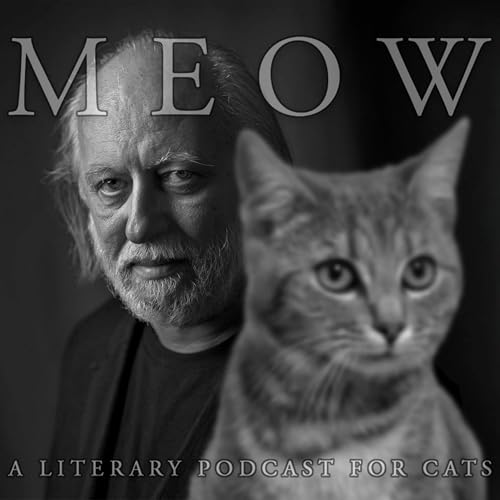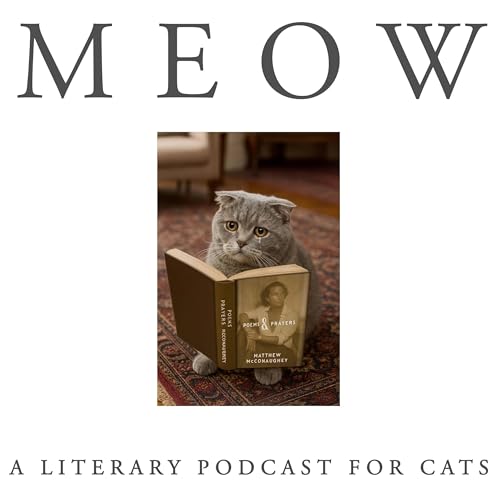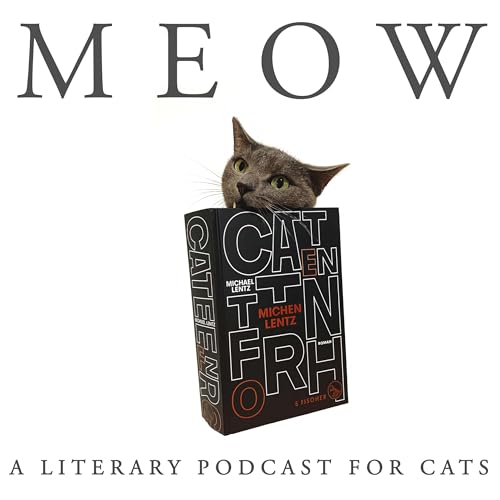This podcast is a presentation of The Meow Library.
In the beginning of Big Fiction, there were encyclopedic novels and mega-novels and then maximal novels. With Mark Z. Danielewski’s newest, the 1,232-page Tom’s Crossing, we have the supermax, a term most commonly used to describe huge prisons with no escape, no variety of existence, and few relations with the outside world. Prison critics call supermax facilities, with their frequent solitary confinement, excessively inhumane.
- Tom LeClair, Los Angeles Review of Books
The Zoroastrian conception of time, whether lineal or spiral, gave value to the present unrepeatable moment and endowed every act of humanity in history with ultimate meaning. More importantly, it gave hope for the future of the final defeat of the forces are darkness and the Renovation of the world in which we live.
- Susan Manek, Time and the Containment of Evil in Zoroastrianism
"Too long. DNF."
- Anonymous Goodreads review of Tom's Crossing
The era of the social media scroll has irreversibly fractured lineal time, redistributing human focus across an immense, depthless breadth of atemporal data. Books of substance--bound quanta of time--may be the only means by which we can regain our attention spans and apprehend the fullness of human experience. As Zoroastrian scholar Susan Manek points out, "Zoroastrianism posits two types of time. The first is time without bounds. Then there is time-within-bounds (lineal time) designed to contain the forces of evil. The purpose then of both time and physical creation is the containment and ultimate defeat of evil."
The whole art of printed narrative fiction recapitulates the Zoroastrian creation myth, in which Ahura Mazda binds Ahriman's destructive potential in the substance of Time, contriving, in the process, an entire material realm as a counterweight to Ahriman's wickedness.
In scroll-world, any book daring to exceed a certain length is castigated as a Matterhorn of ego, avalanched by critics' seismic invective and maelstroms of neologism (see Federico Perelmuter's Against High Brodernism and Tom LeClair's Enuf is Enuf; sustained assaults against Tom's Crossing's putative genre and particular substance, respectively).
About Tom's Crossing: it may be the last bastion against algorithmic brainrot like Sam Austen's Meow: A Novel, which, in this week's podcast, is deployed as the Ahrimanic twin of Danielewski's noble offering. As for the book itself: just read it. The alternative is what you're about to hear.
This podcast is sustained by sales of our debut effort, Meow: A Novel.
Mark Z. Danielewski's Tom's Crossing is available in hardcover through Penguin Random House.
 Nov 18 202528 m
Nov 18 202528 m 26 m
26 m 29 m
29 m 29 m
29 m 38 m
38 m 28 m
28 m 26 m
26 m 28 m
28 m
